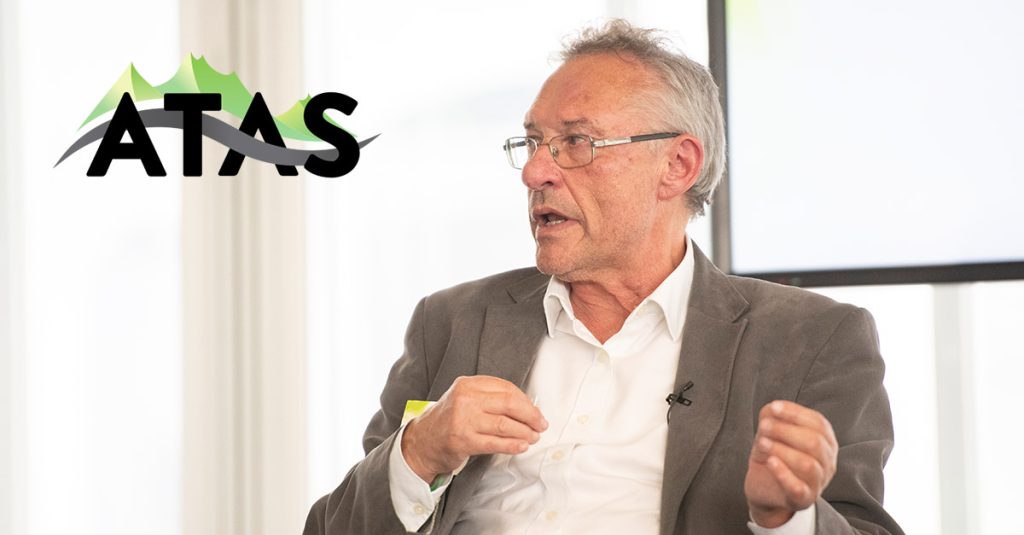Inclusive travel for disabled individuals remains a major challenge in the industry. While progress has been made, significant barriers persist.
Leading voices like Richard Thompson advocate for change, highlighting both the limitations and the potential within the industry.
The Overlooked Market of Disabled Travellers
The travel industry faces criticism for consistently overlooking disabled travellers, an issue highlighted by inclusive travel entrepreneur Richard Thompson. He argues that fear and lack of understanding prevent operators from adequately catering to the needs of these individuals. This neglect results in disabled travellers being excluded from mainstream travel options, thus missing out on experiences that are readily available to others.
While some progress has been made, significant challenges remain. Thompson emphasises that travel infrastructure has not seen meaningful advancements in nearly three decades. The absence of inclusive practices continues to be a barrier, hindering the travel experiences of people with disabilities.
Barriers to Inclusive Travel
The core issue, according to Thompson, lies in the operators’ reluctance to engage with disabled travellers due to fears of making mistakes. He believes that this reluctance stems from a lack of understanding of the specific needs of these customers. The travel industry, in his view, should invest in training staff to better serve this segment of travellers.
The fear of ‘getting it wrong’ is only one part of the larger problem. Thompson insists on the necessity for comprehensive education among travel operators to create and support inclusive travel arrangements.
Industry Responses and Contrasting Views
Contrasting views exist within the industry regarding how best to approach the issue. Simon Applebaum of Gold Medal suggests that enquiries from disabled travellers should be handled by experts due to the complexity involved.
Applebaum contends that because operators do not control many aspects of travel logistics, such as transport and accommodation, it is difficult to ensure that all needs of disabled travellers are met.
Navigating Corporate Risks
According to Applebaum, the barriers to improvement are not solely due to fear, but rather corporate risk management concerns. Operators often do not have control over their environments, such as those found on cruise ships. This lack of control makes it challenging to guarantee a fully accessible experience.
Thompson disagrees with this approach, arguing that relying on specialists alone will not incite the necessary change. He insists that understanding and partnership between all stakeholders are crucial for progress.
Investing in Education and Infrastructure
Thompson advocates for a strategic investment in staff education to bridge the knowledge gap. He believes that with the right information and training, travel staff can guide disabled travellers more effectively. This investment is seen as crucial for breaking down barriers and making travel more accessible.
He argues that the disabled travel market is not a niche group. Instead, it represents a significant segment that has been untapped for too long. Operators should recognise this potential and act to integrate accessibility into mainstream travel offerings.
Potential for Industry Transformation
The conversation around accessibility is increasingly gaining importance in the travel industry. With the right focus and investment in inclusivity, there lies a potential transformation that benefits everyone.
Thompson calls for a fundamental shift in mindset, urging the industry to view accessibility not just as a compliance issue, but as a genuine opportunity for growth.
Ultimately, change will require a collaborative effort, involving educational initiatives and collaboration across the industry.
Overall, the path to inclusive travel demands a comprehensive approach, combining education, infrastructure, and collaboration.
Through acknowledging and addressing the needs of disabled travellers, the industry can unlock new opportunities for growth.

